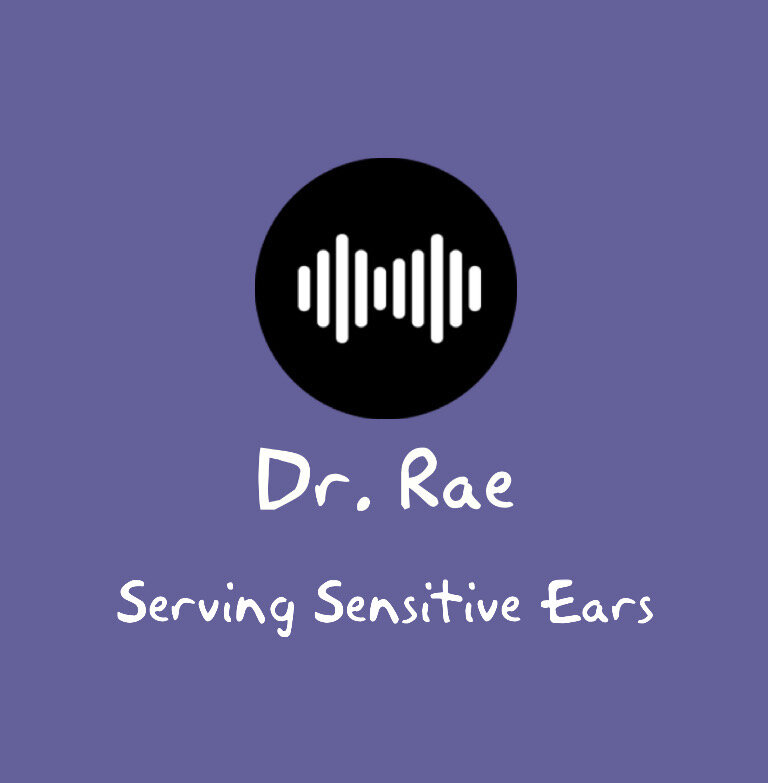What Helped After the APD Diagnosis?
A Conversation for Families and Audiologists
⸻
When the Diagnosis Doesn’t Come With a Map
For many families, an auditory processing disorder diagnosis doesn’t bring clarity or comfort. It brings confusion. Or silence. Or blame.
Some parents are told their child just needs to focus more, try harder, or stop being sensitive. Others are told the struggles are emotional or behavioral. Teachers and speech-language pathologists sometimes question whether APD is even real. Audiologists may explain the scores but offer no plan. Parents are left with unfamiliar terms and percentile rankings, but no one connects those results to daily life, school, or relationships.
Families are told to talk to the school, but the school doesn’t always recognize APD. Even when a diagnosis is made, there may be no services, no follow-up, and no clear next step. Parents are often left to figure it out alone, while their child continues to fall behind or shut down.
⸻
What I’ve Seen in Other Groups
In hearing loss communities, I’ve read post after post from families who felt dismissed. They were told their child’s hearing was normal, even when that child couldn’t follow directions or keep up in class. Some were given expensive hearing aids without understanding what they did. Others were told their child would grow out of it. Almost no one received support for speech-in-noise challenges, listening fatigue, or fast, degraded, or overlapping speech.
⸻
What Makes This Group Different
This group has become something unique, not because APD is easy to treat, but because people here kept asking questions. They kept searching. They shared what worked. Families have talked about the value of auditory training, cued speech, classroom supports, and language-based enrichment. Some have used low-gain hearing aids or FM systems, not because they were told to, but because they found out for themselves what helped.
If you’ve heard of these tools before, there’s a good chance you learned about them here. And if your audiologist knew about them, they may have first learned from another parent who brought it up.
⸻
Sharing What Helped (or What Didn’t)
If you’re willing, I’d love for you to share your story. What actually helped your child after the APD diagnosis? What were you told? What did you discover on your own? What made things better… or harder?
You can use the structure below to help organize your thoughts. You don’t have to answer every part. Even one or two reflections might help another family feel less overwhelmed.
⸻
After my child was diagnosed with APD:
We were told:
We were offered:
What we needed but didn’t get was:
⸻
After trying different supports at home or in therapy:
The most helpful thing we tried was:
Something we tried that didn’t help was:
One thing I wish I had known earlier is:
⸻
After reaching out to the school:
We did or did not get a 504 plan or IEP:
Our biggest challenge with school was:
An accommodation that made a real difference was:
⸻
After working with professionals:
What I wish audiologists understood is:
What I wish teachers understood is:
What I wish speech-language pathologists or other professionals understood is:
⸻
After reflecting on our experience:
What I wish other parents knew is:
⸻
You don’t have to share everything. Even a small piece of your story might be exactly what another parent needs to hear. Together, we’re building something that most people never get: real guidance, lived experience, and a growing sense of what support can look like.
